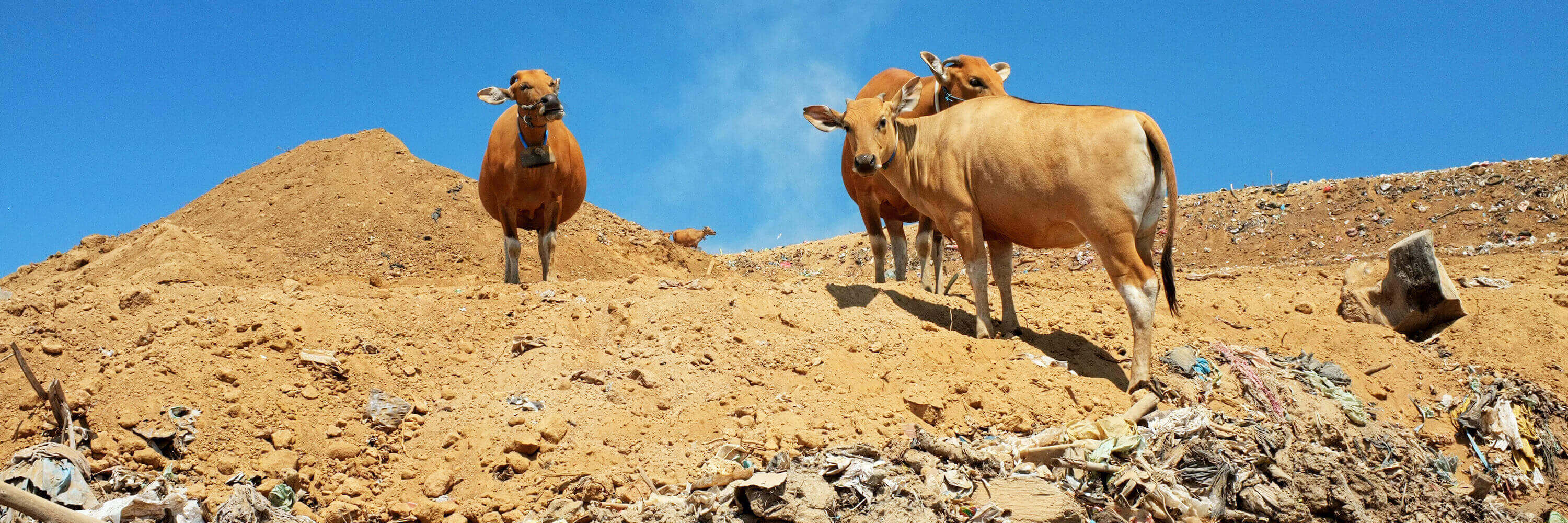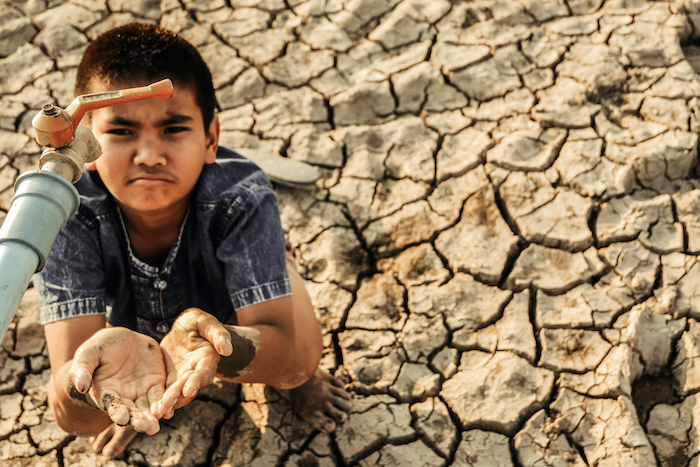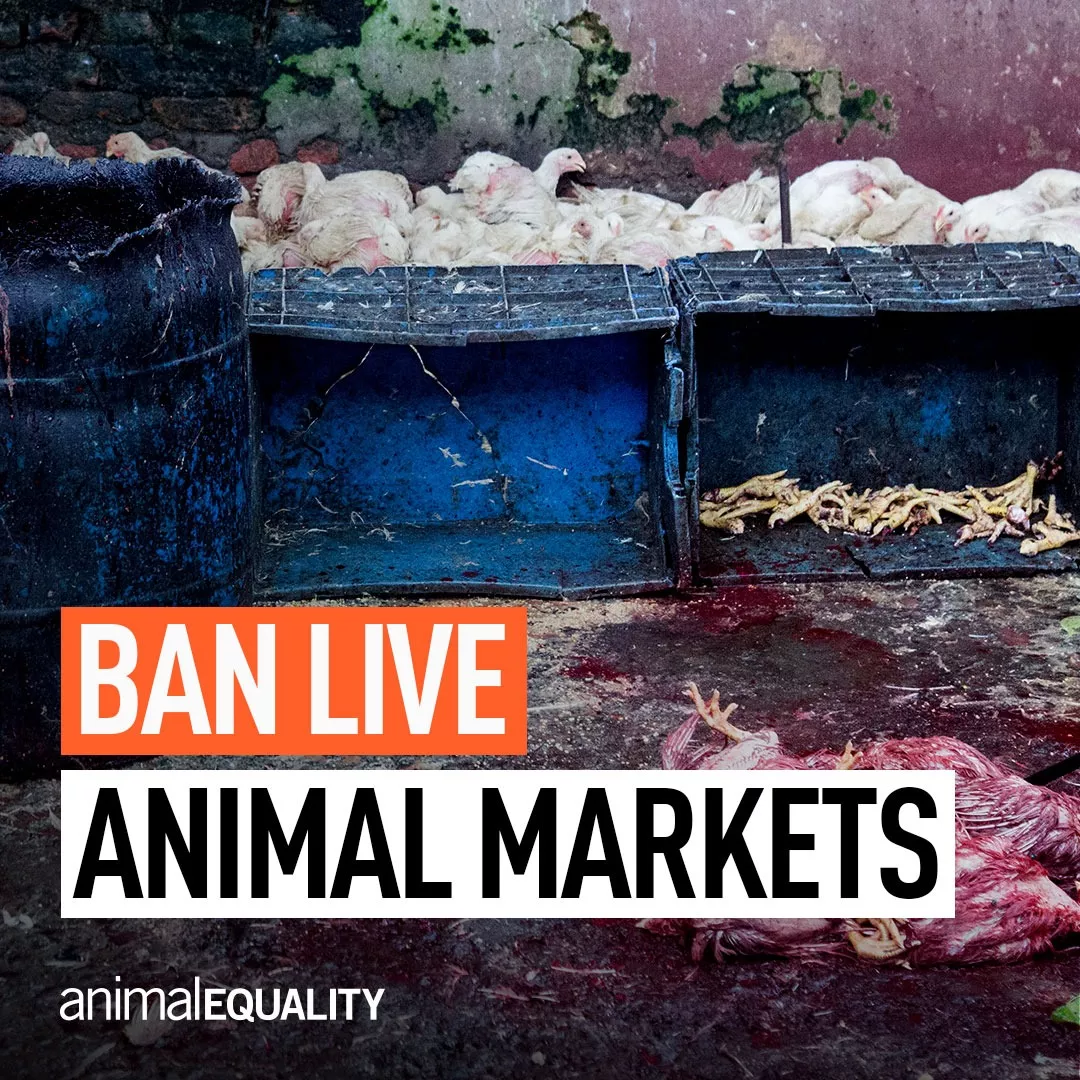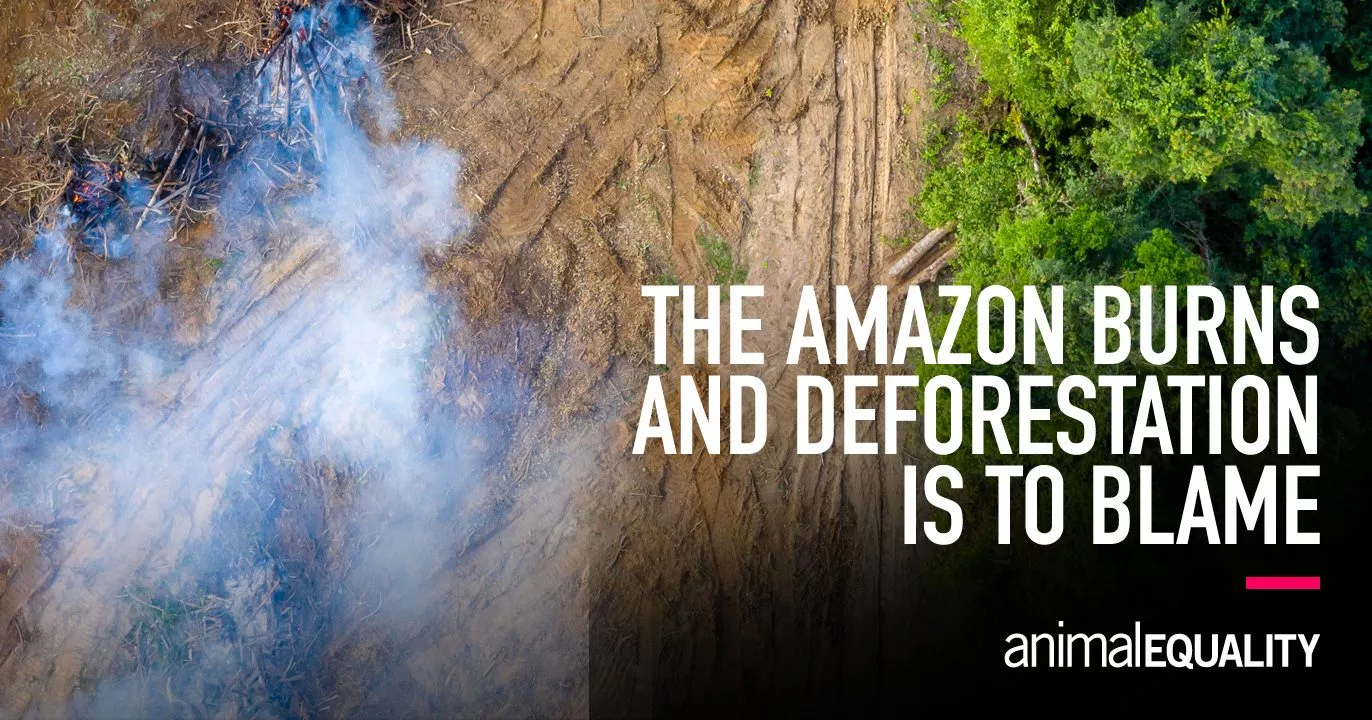

Three lessons learned from 2020
Major natural disasters and an invisible microscopic enemy all but left a grim aftertaste for everyone as the year ended. With a staggering death toll and losses in the billions, 2020 has shown us how our extreme consumption patterns were ungrateful to nature and how this prolonged carelessness have resulted in erratic changes in climate, which have culminated into this disastrous year.
Let us look back at three of the most important lessons we have learned from 2020 and resolve to move ahead with these lessons firmly planted in our mind.
1) Live animal markets and pandemic
A cesspit of deadly zoonotic viruses, live animal markets or live animal markets in various cities across the world kill and sell animals ranging from chickens and goats to bats and crocodiles. The animals are caged in crammed, filthy conditions and are left to suffer from dehydration, starvation and diseases before being brutally slaughtered and sold in these unregulated live animal markets. These markets are not only detrimental to the animals but also to human health. As reported by the CDC, statistically, >6 out of 10 known contagious diseases and 3 out of 4 emerging infectious diseases in humans are transmitted by animals. Moreover, live animal markets are believed to be responsible for both the SARS epidemic and the COVID-19 pandemic.
Despite the massive public health calamity and infliction of animal suffering caused by such markets, they continue to operate in various countries. Therefore, the danger posed to mankind and the animals necessitates that we come together and urge the United Nations to ban live animal markets for good.

2) The Amazon rainforest fire and animal agriculture
In August 2019, Brazil’s Amazon rainforest started burning, and it continued to burn even in 2020 despite promises by the Brazilian government to control it. The largest tropical rainforest in the world was burnt down due to illegal deforestation for animal agriculture. The fire could be seen from outer space and threatened neighbouring cities, destroyed land and caused extreme distress to people and wildlife alike. As of July 2020, approximately 11,088 sq km of rainforest has been cleared for cattle breeding and feed farming. This destruction is bound to result in a massive increase in global warming and facilitate climate change for the worse.
While undoing this damage may be difficult, steps can be taken to avoid the situation from getting worse. Sharing this information, understanding the consequences of animal agriculture and making a difference through petitions and ground level legislation changes can be good places to start. Furthermore, adopting a plant-based lifestyle can help reduce the impact of the animal farming industry on our planet.

3) Australian bushfire and climate change
Starting in December 2019 and moving into January 2020, the Australian bushfires raged across the continent and forced it into a state of emergency. According to a UN report, the Australian bushfire burned approximately 18 million hectares, destroying buildings and property and killing several people due to smoke inhalation. Caused due to global warming, the bushfires majorly impacted the environment by burning intensely and emitting approximately 400 mega tonnes of carbon dioxide into the atmosphere. This can cause a climate feedback loop and increase the odds of frequent bushfires that will create further greenhouse gas emissions, which can be detrimental to the environment, public health and wildlife.
Now, more than ever, there is a pressing need to awaken to the various ethical, environmental and health hazards caused by excessive animal products consumption. It is time to learn from our mistakes and understand how we can make a difference.
On the personal front this can be done by making a conscious shift towards an eco-friendly, animal friendly and compassionate lifestyle and taking it upon ourselves to protect the nature that nurtures us. As a community, participating in spreading awareness, signing petitions and sensible activism can help break the vicious cycle.
